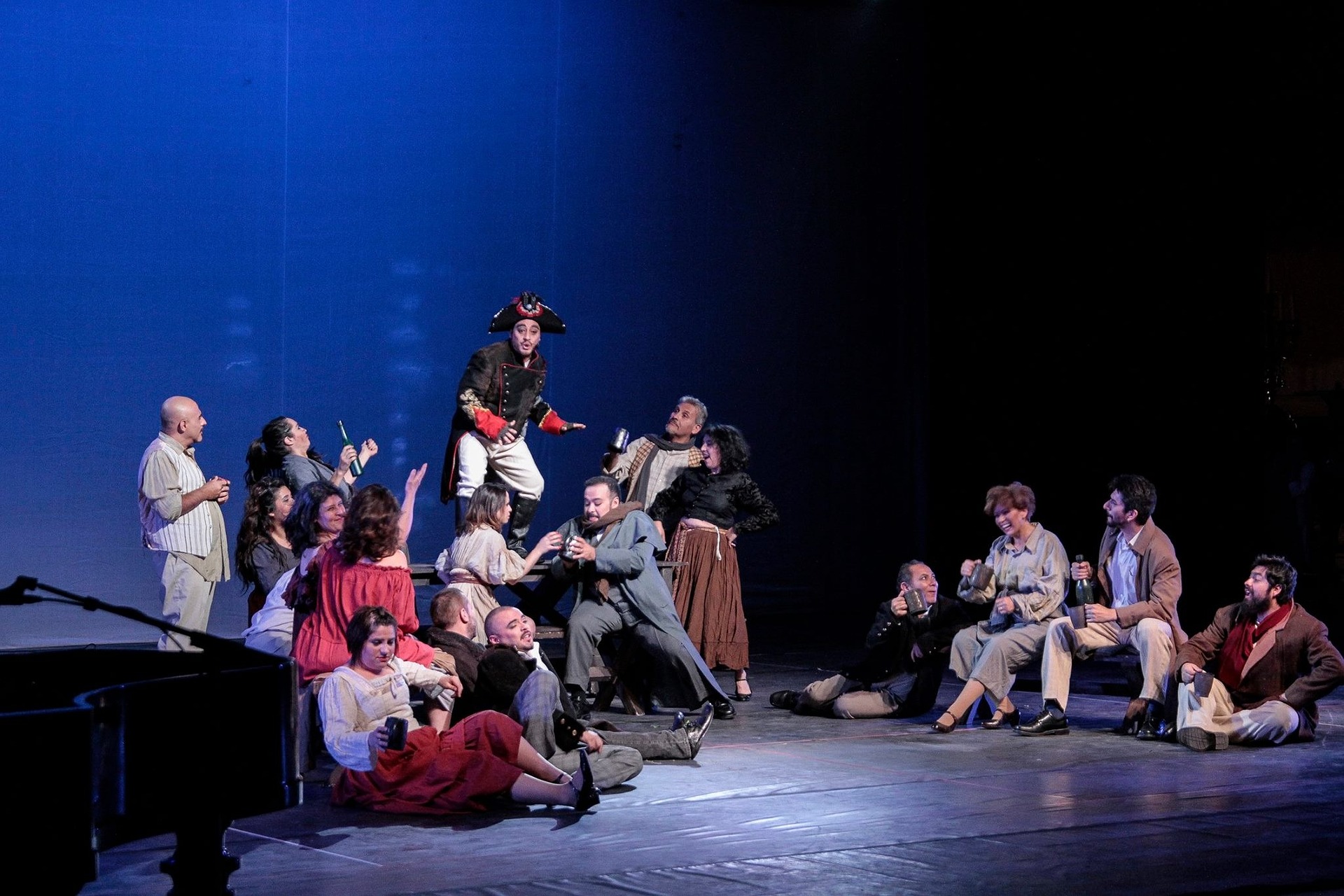Tracing the Resurgence of Epic Theatres: A Renaissance in the Arts and Entertainment Industry
Introduction: In an era of quick-fix entertainment, the resurgence of Epic Theatres has taken the arts industry by storm, offering a refreshing and thought-provoking alternative. This article delves into the history, significance, and current trends of this theatrical movement.

A Brief History of Epic Theatres
Epic Theatre, a concept birthed in the early 20th century, was primarily pioneered by the renowned German playwright Bertolt Brecht. Motivated by the turbulence of his times, Brecht sought to create a form of theatre that provoked critical thinking rather than emotional manipulation. He distanced the audience from the action on stage, encouraging them to question societal norms and values.
The Artistic Philosophy Behind Epic Theatre
The essence of Epic Theatre lies in its ‘Verfremdungseffekt’ or ‘alienation effect’. This technique aims to detach the audience from the characters, encouraging them to remain critical observers rather than empathetic participants. By disrupting the illusion of reality, Epic Theatre seeks to inspire change by challenging the status quo.
The Resurgence and Modern Adaptations
In recent years, there has been a significant resurgence in the popularity of Epic Theatre. Modern adaptations have seamlessly incorporated multimedia, innovative set designs, and contemporary themes, making the genre relevant to today’s audience. Notable productions like Robert Icke’s ‘Oresteia’ and Thomas Ostermeier’s ‘An Enemy of the People’ have garnered widespread acclaim, reaffirming the enduring appeal of this theatrical form.
Impact and Reception in the Current Era
The renewed interest in Epic Theatre has stimulated fresh debates and discussions within the arts and entertainment industry. Critics laud its ability to provoke thought and stimulate dialogue, while audiences appreciate its bold narrative style and engagement with socially relevant themes. The impact extends beyond the theatre, influencing other art forms like cinema and literature.
The Future of Epic Theatre
The resurgence of Epic Theatre signals a shift in audience preferences, leaning towards art that challenges conventions and sparks critical thought. As the arts and entertainment industry continues to evolve and adapt, the future of Epic Theatre looks promising, with the potential to inspire and instigate change on a global scale.
The resurgence of Epic Theatre is not just a trend but a testament to the enduring appeal of art that challenges, provokes, and engages. Its legacy, impact, and future paint a picture of an art form that continues to evolve yet remains firmly rooted in its foundational philosophy. It’s a beacon of hope in the ever-changing landscape of arts and entertainment.



